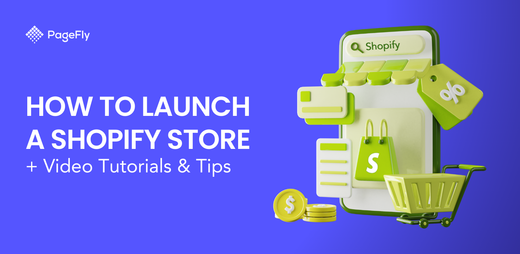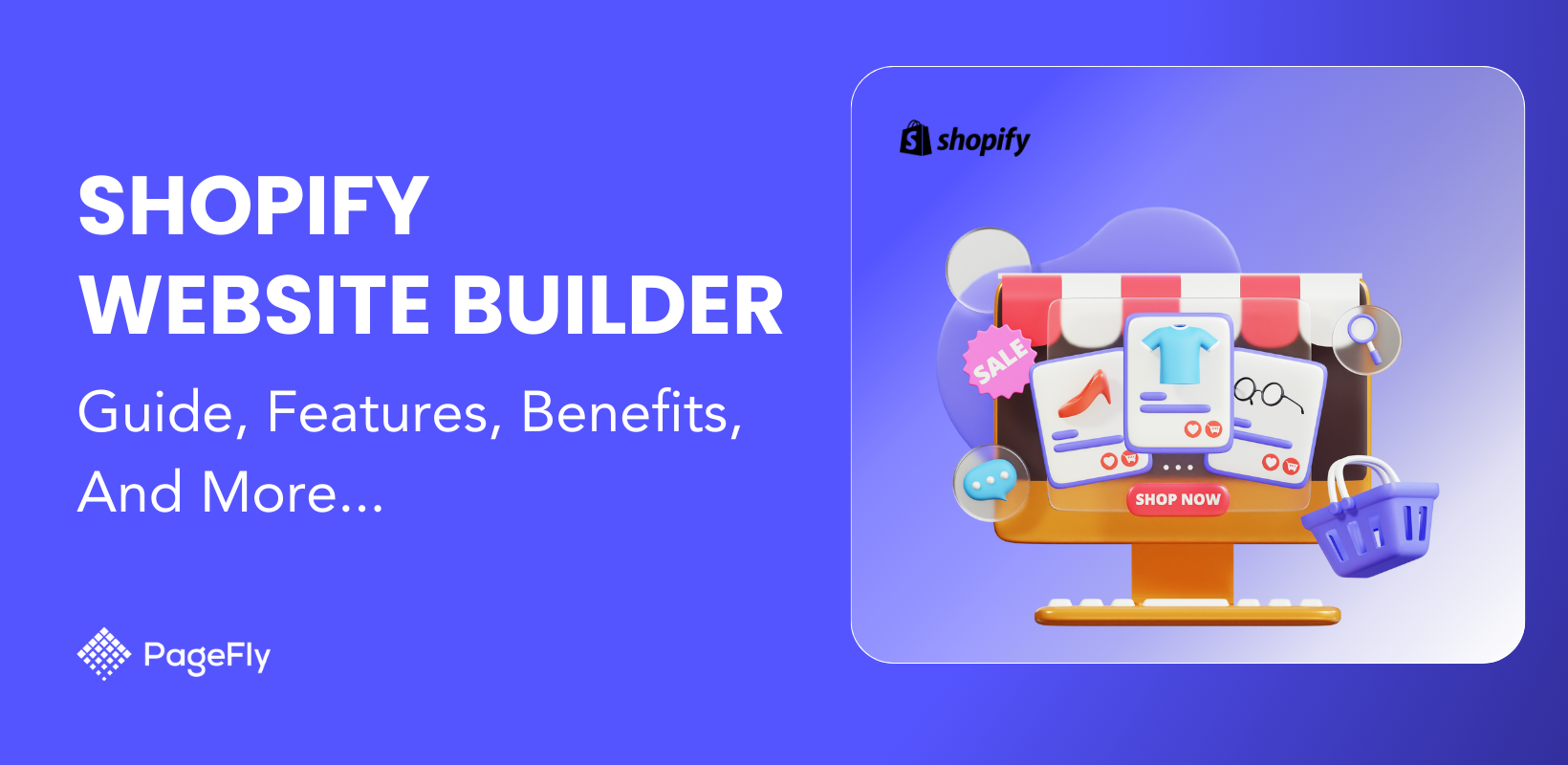With this ever-evolving digital landscape of the e-commerce industry, it has become potent for online businesses to leverage new tools and techniques to revamp their overall business operations.
While there are millions of D2C e-commerce businesses host their online stores on platforms like WooCommerce, Magento, Shopify, WIX, etc. with the perfect set of available tools to increase sales and earn more revenues, we think that there are very limited opportunities for businesses that want to sell their products online at wholesale prices or in bulk quantities to their B2B customers.
Hence, we’ve crafted this detailed guide for B2B/Wholesale business owners to help them create a successful B2B store on the Shopify platform so that they can easily sell products in bulk and at wholesale prices to their retail as well as B2B customers.
But before getting straight to the steps of building a D2C+B2B store, let’s first take a look at the basics of it.
What is a B2B store and how does it differ from a D2C Shopify online store?
Before diving into the specifics of setting up a B2B store on Shopify, it's essential to understand the concept of a B2B store and its unique and different from a standard D2C store.
| B2B Store | D2C Store |
Target Customers | Caters to businesses and other enterprises | Caters to individual consumers and households |
Purchasing Behavior | Bulk orders, long-term contracts | Smaller quantities, single purchases |
Decision-Making Process | Involves multiple stakeholders and negotiations | Often made by individuals |
Customer Relationships | Creating long-term B2B relationships | Focus on building brand loyalty and trust |
Sales Cycle | Longer sales cycles | Shorter sales cycles |
Marketing & Sales Approach | Personalized marketing, account management | Mass marketing, e-commerce platforms |
Payment Terms | Invoicing, net payment terms like Net30, Net35, Net60, etc. | Online payments, credit cards |
Pricing Structure | Custom pricing, bulk/volume discounts | Fixed prices, bundled pricing |
Why should you choose Shopify for your B2B store?
We hope that you have an understanding of the differences between a D2C and a B2B store. Now, let’s talk about why should you go for Shopify as an e-commerce platform to build your B2B store and sell your products.
Here are some unique features and functionalities of Shopify that will help you know more about the platform:
1. Easy-to-use Shopify Admin interface
One of the most unique things about Shopify is that it has a really great and user-friendly interface that allows you to easily manage your store, add products and quick payment options without having any technical knowledge or coding experience.

Image source: Easy-to-use Shopify Admin interface
2. Customizable themes
Shopify also offers a wide range of free and paid themes that are easily customizable according to your needs. There’s even a dedicated Shopify Themes store for you to choose and install themes on your store. This will help you create a unique and professional-looking B2B store that aligns with your brand’s image and vision.

Image source: Theme editor in Shopify Admin
3. Feature-rich and easy to integrate 3rd party apps
In addition to the existing amazing features of the Shopify platform, you also get to integrate thousands of 3rd-party apps available on Shopify's App Store. There are apps available for store management, design, finding and selling products, marketing, and whatnot. You should take a look at it. These 3rd party Shopify apps will absolutely help you enhance your B2B store’s functionality and provide a seamless shopping experience for your customers.

Image source: https://apps.shopify.com/
4. Secure payment options
Also, as an e-commerce store, it is crucial to have secure payment options available for your customers so that they can purchase products on your store easily and without worrying about their sensitive information getting stolen. Shopify has its own payment option known as Shopify Payments but you can also use other payment options like Shop Pay, Google Pay, Stripe, Amazon Pay, PayPal, etc.
5. Excellent customer support and resources
Having excellent customer support to help you with any of your queries at critical times always helps. Shopify has it all. Plus, they also have a dedicated Resources section on their website where you can find video tutorials, Shopify community, webinars, business, courses, and more. Having all this will help you maintain your D2C and B2B stores for a longer period of time.

Image Source: https://community.shopify.com/
6. Multi-channel selling
In addition to all this, Shopify allows you to sell your products not only through your online store but also through other channels such as social media platforms and marketplaces like Facebook, Instagram, and TikTok.
What benefits do merchants get from having a combined D2C and B2B Shopify store?
Business owners always look for ways to increase their profits, aren’t they? So, why not sell to both D2C and B2B customers from a single Shopify store? It has many advantages for them like:
- They can significantly increase product sales by offering custom prices and bundled offerings.
- Can easily manage both D2C and B2B sales through one single platform.
- Can cross-sell and upsell products. For example, a B2B customer may purchase products in bulk for their business and individual items for personal use.
- Can streamline the ordering process for their B2B customers, making it more convenient and efficient for them to make purchases. This can help build customer loyalty, resulting in repeat business.
- Can also increase the average order value (AOV) by offering special deals and discounts for bulk orders.
What benefits do end customers when purchasing from a B2B Shopify store?
Aside from the convenience of being able to make purchases online, customers also benefit from lower prices and more personalized options when purchasing from a B2B Shopify store. With wholesale pricing and bulk ordering options, businesses can get products at a lower cost compared to retail prices.
Additionally, B2B stores often offer customized product options for businesses that have unique needs or require specialized products. This can be a major advantage for businesses looking for specific solutions and can help build long-term relationships between the business and the B2B store.
Step-by-Step Guide to Creating a Successful B2B Store on Shopify (7 Easy Steps)
1. Sign up for a Shopify account
If you don't have an active Shopify account or existing online store running on Shopify then you'd need to create one so that you can create a B2B store for your business. You can sign up for a Shopify account by simply heading over to their website, entering your email address, and then clicking on the "free trial” button.

Image Source: shopify.com
2. Choose the right Shopify plan
To enable B2B features such as custom pricing, discounts, coupons, and invoicing, you must choose a Shopify plan that is suitable for your business needs.
The Shopify Plus plan is specifically designed for high-volume businesses to create a personal B2B store with features like payment flexibility, net payment terms, adding items to a cart in bulk from the products page, easy reordering, customer-specific prices, quantity rules, customer-specific product publishing and much more. This plan is priced at $2,000 per month.

Image Source: shopify.com

Image Source: wholesalehelper.io
Alternatively, if you're on a budget, consider installing a Shopify wholesale app such as Wholesale Pricing Discount. This app helps you to customize your Shopify online store for setting up B2B prices, discounts, and invoicing, without breaking the bank.
3. Install B2B apps and integrations
Shopify has its app store where developers list their built 3rd-party apps for Shopify merchants. If you're looking to build a B2B + D2C store for your customers and don't want to spend more then you can install these B2B apps and integrate them to offer the best retail and wholesale experience:
To create a B2B store and offer discounts and payment terms:
- Wholesale Pricing Discount
- Volume Boost
- SparkLayer B2B & Wholesale
- B2B Wholesale Club, and more
To create a custom order form:
- Wholesale Order Form
- Helium
- EasyOrder ‑ Order Form for COD, and more
To track your paid/unpaid B2B invoices:
- AReceivables
- 17TRACK Order Tracking
- Kindly: Payment Reminder
- Softify: Easy Invoice+, and more
To restrict the visibility of your store to specific customers:
- Wholesale Lock Manager
- Locksmith
- EasyLockdown ‑ Wholesale Locks
- B2B Login/Lock & Hide Price, and more
To enable wholesale store pickup and delivery:
- Zapiet
By utilizing apps you can provide B2B merchants with a comprehensive solution. Additionally, if you wish to connect your store with B2B marketplaces like Faire, Amazon Business, or Alibaba, there are separate apps available for each of these platforms.
🎥 Watch our video: Recommend the Shopify wholesale apps (free and paid)
4. Customize your B2B store
Once you have set up your account and chosen the right plan for your business, it's time to customize your B2B store.
This includes:
- Choosing a theme
- Creating product listings
- Setting up payment options
- Setting up shipping options
- Customizing the store for specific customers using store locks
- Setting up store design for bulk ordering experience such as custom order form, quantity breaks, tiered pricing, etc. - this can be achieved either through the built-in capabilities of the Shopify Plus plan or by utilizing third-party wholesale apps found on the Shopify app store.
5. Set up wholesale pricing, custom discounts and coupons
To cater to your B2B/wholesale customers, you can create customer groups with different pricing tiers and discounts based on their purchase volume or frequency or even create discount coupons. This can be configured in your third-party wholesale app settings.
If you want to offer custom discounts, pricing, etc. to your retail customers without using a third-party Shopify wholesale app, then you can follow the instructions mentioned in the image below:

To operate a store that caters to both direct-to-consumer (D2C) and business-to-business (B2B) customers, offering various pricing and discount options, you can utilize custom audience groups to showcase tailored discounts and pricing.
6. Create a Seamless Checkout Process
For businesses, time is money. This means they value efficiency and convenience when making purchases. Making a checkout process seamless will help your customized Shopify store sell more products to your customers.
Steps you can take to achieve this include:
- Offering bulk ordering options
- Integration with popular one-click ordering or saved payment methods such as Shop Pay, PayPal, Stripe, or Amazon Pay to encourage repeat business.
- Providing shipping and delivery options that cater to B2B needs, such as bulk shipping or store pickup.
- Creating a custom B2B/B2C checkout solution using Shopify Scripts
- implementing a net payment checkout option where businesses can pay their invoices on a NET30, NET60, or NET90 basis.
7. Test and Launch Your Store
Before making your D2C and B2B store live, thoroughly test all the features and functionalities. This includes testing the search functionality, payment process, add-to-cart button, checkout options, and any wholesale pricing app integrations. You can also invite a group of beta testers to provide feedback on the user experience and functionality of your Shopify store or you can use an end-to-end testing solution for your ecommerce store like Store Watchers.
Once everything is tested and working smoothly, you can launch your store and start promoting it to potential B2B customers. Make sure to continuously monitor and tweak your store as needed to provide the best B2B shopping experience possible.
Conclusion
Setting up a successful D2C and B2B store on Shopify requires careful planning, customization, and the use of relevant apps and integrations. By following the tips mentioned in this article, you can create a seamless online buying experience for your customers and increase sales for your business.
Keep in mind that the needs of your B2B customers may differ from those of your D2C customers, so it's important to continuously monitor and adjust your store to cater to their specific needs. With the right approach, you can successfully run a profitable ecommerce business catering to both D2C and B2B customers on Shopify. So go ahead and start building your customized store today!
- Explore more, check out: How To Make A B2B Website Work (With 5 Examples)




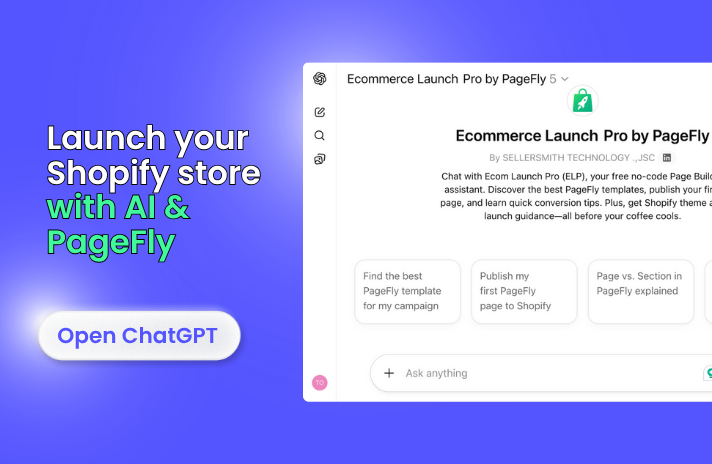

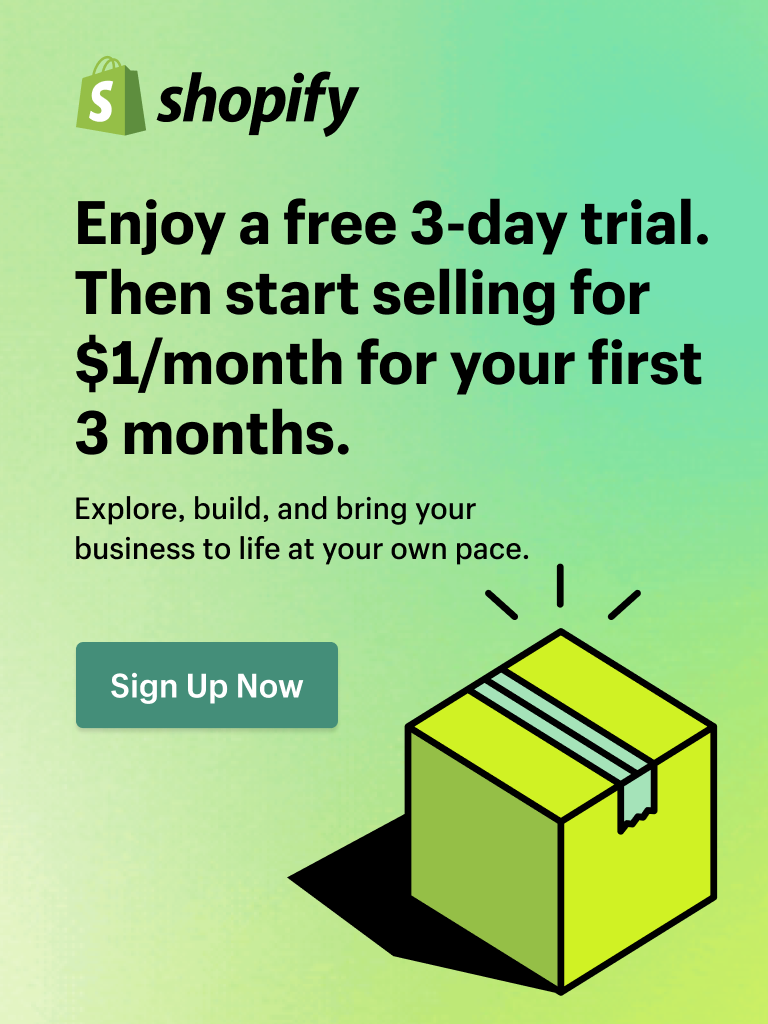
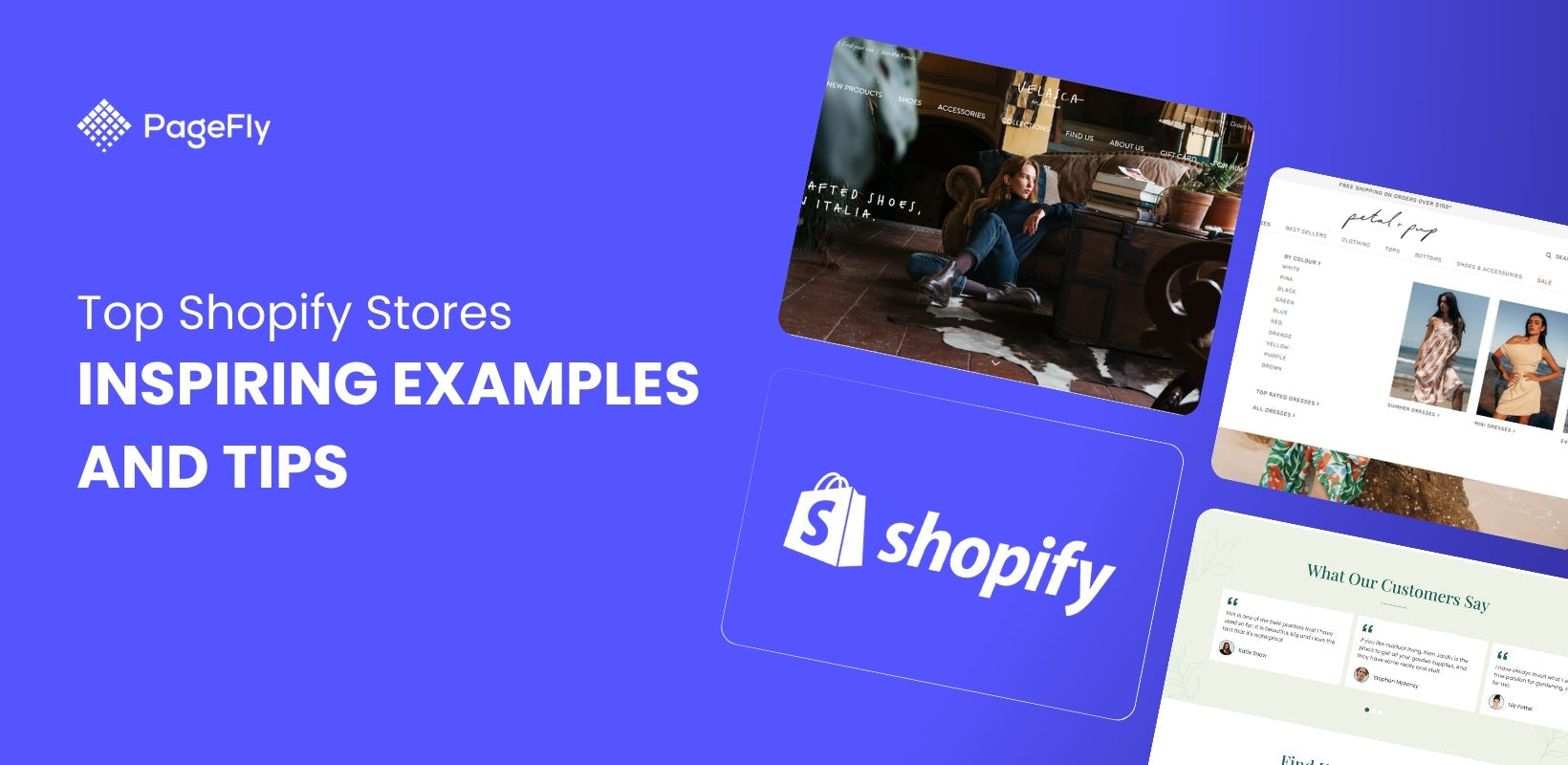
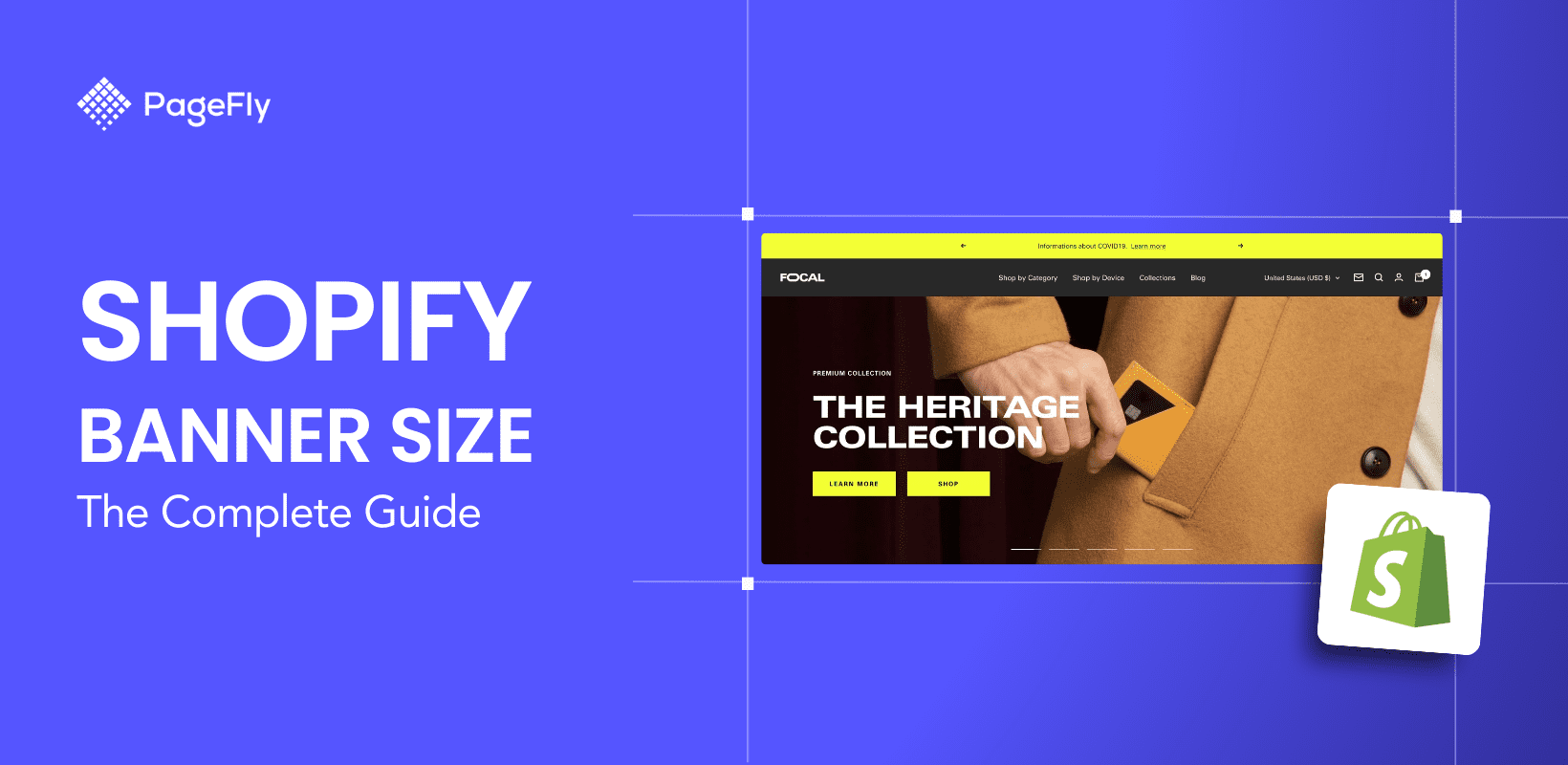
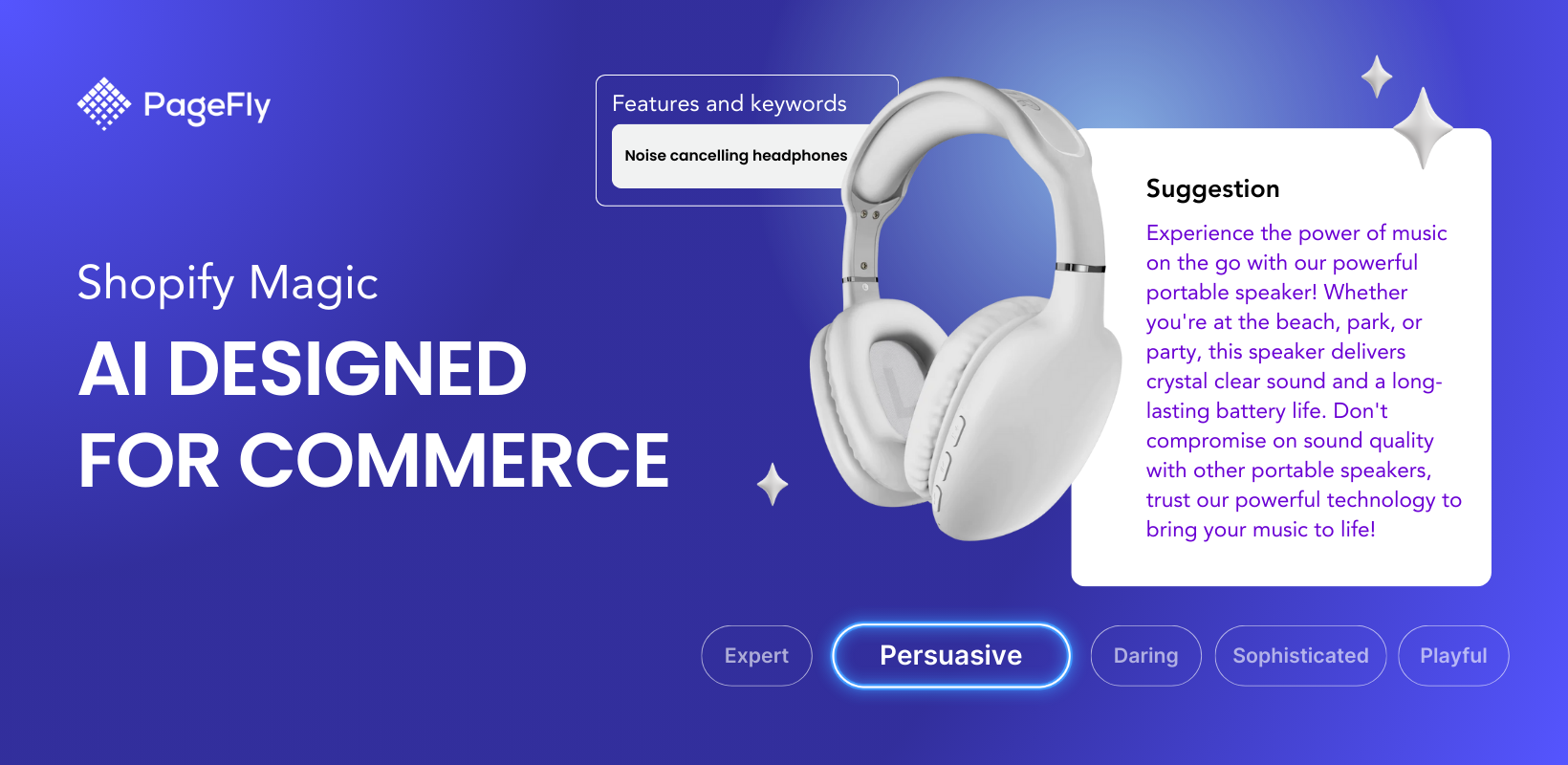
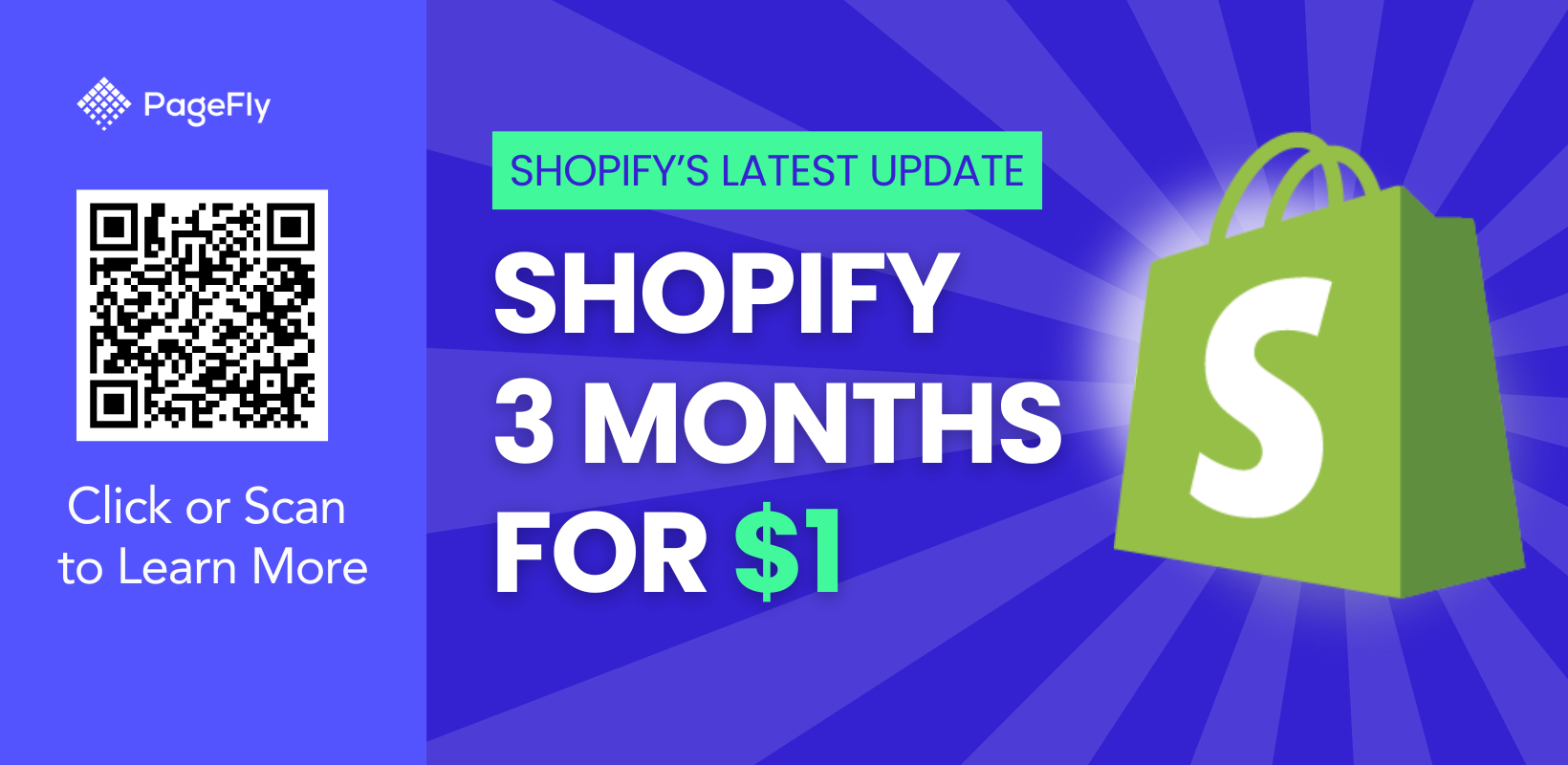
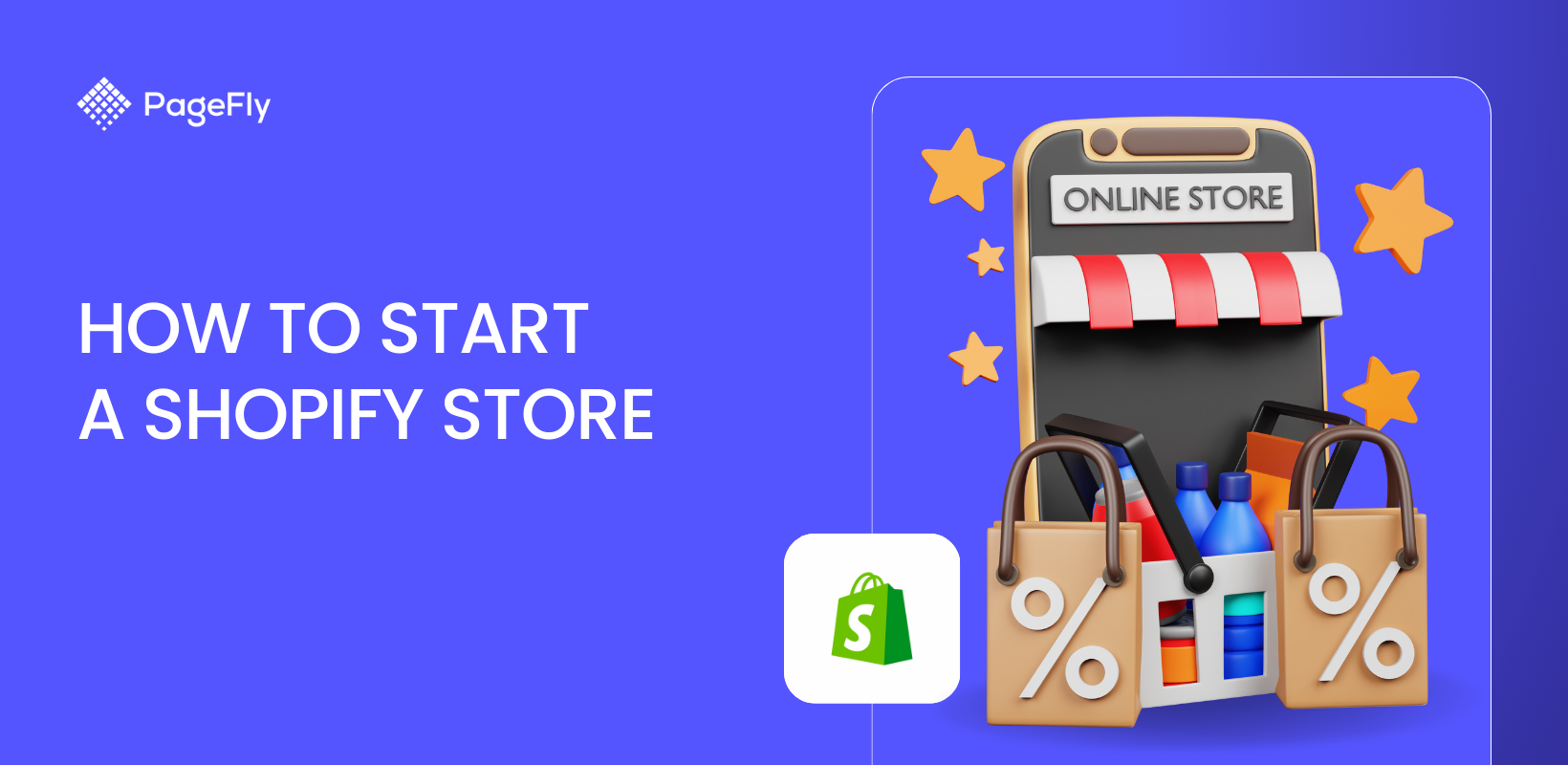
![27 Best Shopify General Stores + Complete Strategy Guide [2025]](http://pagefly.io/cdn/shop/articles/Best_Shopify_General_Stores_2f9d09f2-7c38-4da9-a495-e9f4898ddd68.jpg?v=1757271936&width=1640)
